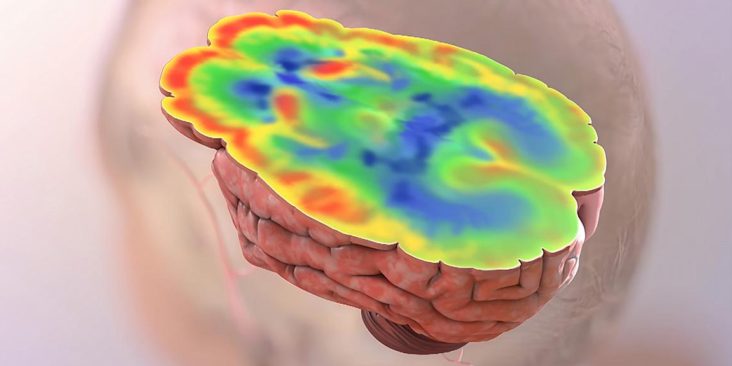September is World Alzheimer’s Month, and we wanted to take a moment to provide some crucial tips for caring for clients with Alzheimer’s.
At Home Health Companions, Alzheimer’s and dementia care is near and dear to our hearts. As a home health caregiver, you have the opportunity and responsibility to provide specialized care and truly make a difference in the lives of your clients and their families.
What is Alzheimer’s?
Alzheimer’s disease (AD) is a form of dementia that causes issues with behavior and memory. This can include memory loss, behavior changes, and confusion.
According to the Alzheimer’s Association, around 6.5 million people in the U.S. live with Alzheimer’s. When a relative or a loved one is diagnosed with the condition, family members often decide to take care of them at home for as long as possible.
The comfort of a familiar environment can help, but keeping them at home becomes increasingly challenging as their health declines. Every day comes with new challenges, changes in functional abilities, and unexpected behaviors.
As a home health caregiver, understanding how to navigate these changes can help you and your client feel comfortable and confident in your journey together. To help, here are a few essential Alzheimer’s caregiver tips.
5 Alzheimer’s Caregiver Tips
Empower your Alzheimer’s education.
As a home health caregiver, it’s crucial to learn about the condition of your clients and patients. This can help empower your communication and help you support their health and wellness.
Different patients experience different symptoms and progression — practice flexibility and patience as you handle any frustrations and challenges ahead.
Keep your clients physically and mentally active.
Regular exercise can help support your client’s cognitive health. Of course, exercises help with joints, muscles, and the heart, too. This can likewise improve your patient’s mood — and yours!
Help keep your clients mentally active by helping them handle simple tasks themselves. These include brushing their teeth, doing household chores, and bathing. You can also encourage other activities such as reading and puzzles!
Be patient with their frustrations.
An individual with Alzheimer’s disease often becomes agitated when a once-simple task becomes challenging. To reduce these challenges and ease frustrations, you can help by setting a daily routine. Take your time and involve your client by offering choices and giving simple instructions.
Create a safe, supportive environment.
Dementia is known to impair problem-solving and judgment skills, increasing the risk of injury. Caring for clients with Alzheimer’s starts with preventing falls. Look out for any extension cords, rugs, or other clutter that could cause a fall.
Promote nutritious eating.
When caring for clients with Alzheimer’s, notice if they start to lose interest in food. While it’s common, it’s crucial to encourage a healthy and balanced diet when possible. When assisting with meals, try to welcome foods that empower cognitive benefits, like berries, poultry, fish, whole grains, and green leafy vegetables.
Make a Difference as a Home Health Caregiver.
As a home health caregiver, you have the opportunity to make a lasting difference in the lives of your clients. If you’re looking for an opportunity to propel your career and expand your impact, we’d love for you to join our team of inspiring caregivers at Home Health Companions. You can learn more about our award-winning careers here!
















